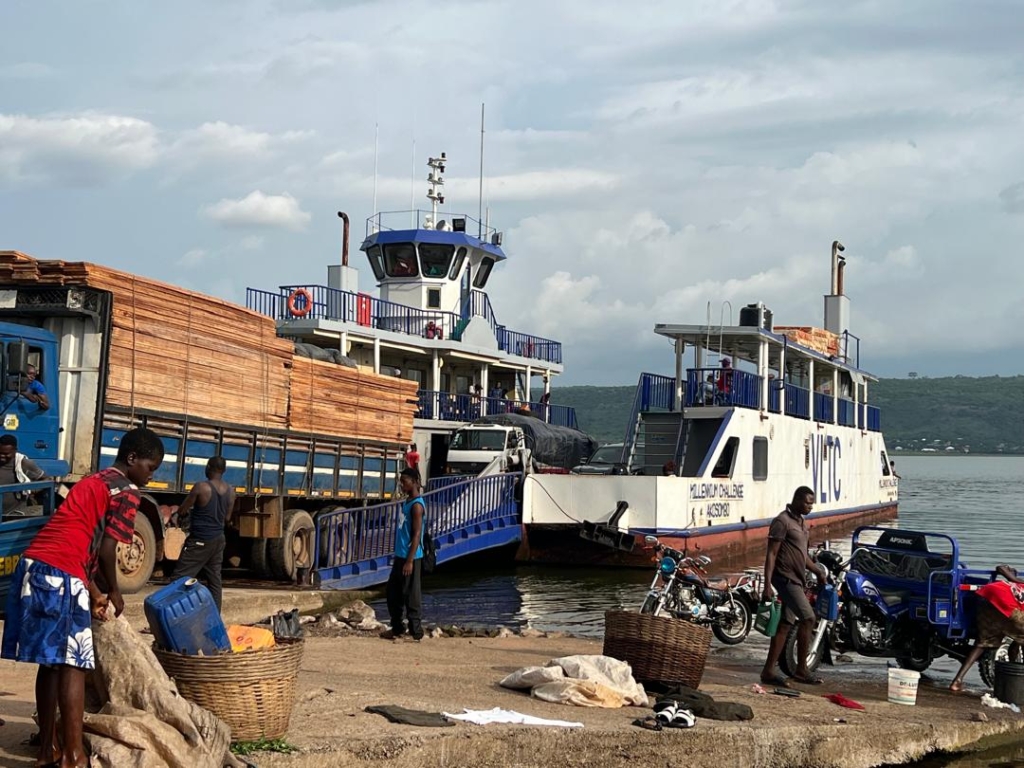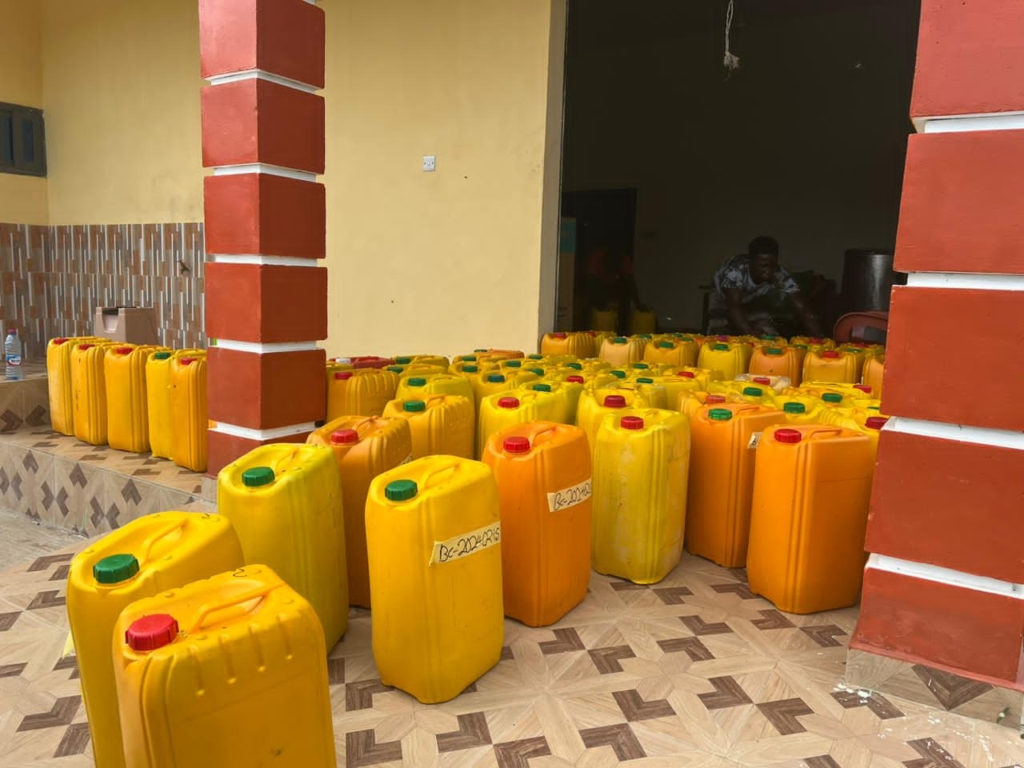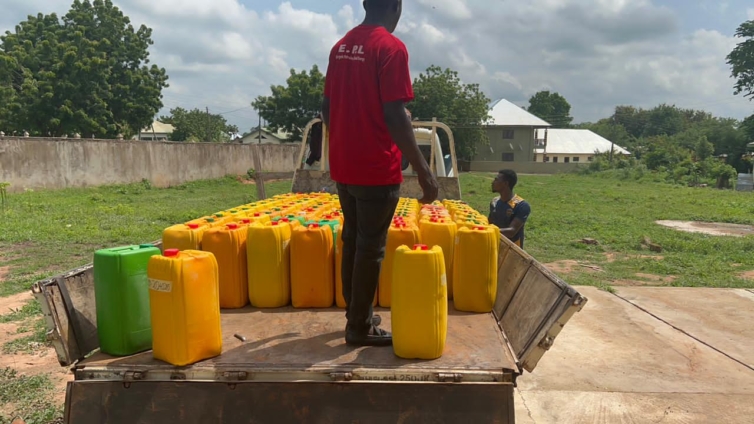An awardee of the JoyNews Impact Makers, Dr Kwame Sarkwah Aidoo makes strides as he transports the first-ever honey bees from Donkorkrom in the Eastern Region to major cities across the country.
About 3.6 kilograms of honey were ferried with assistance from his foundation, Bees for Development Ghana (BfDG) and will be distributed to cities including Accra, Cape Coast, Kumasi, and Takoradi.
This export marks a departure from the community’s usual trade of timber and charcoal. For many residents, this change brings not only environmental relief in the face of climate change but also economic benefits.

The residents explained that now more young people would venture into beekeeping rather than charcoal preparation, which would help reduce pollution in the community.
According to the manager of BfDG, Gideon Zege, the honey is free from pesticides and contaminants because the bees lived in forest.
He described the journey from forest to dining table as a wholly natural process.
“We are proud of our Nature-based Beekeepers – they are determined to make their lives better with bees and now we have the chance to bring this honey out of Donkorkrom and make it available to customers in other parts of Ghana. Who knows? In the long term, we might even achieve export!
- Read also: JoyNews Impact Makers awardee uses cash prize to buy bicycles for 10 school children at Donkorkrom
Also, a beekeeper Shafik Asminu said he was particularly excited about the news.
For many years, they have watched the forest disappear due to the rampant cutting of the forest reserves but now, the forest will be preserved.
“For too long, we have watched our forests disappearing and our environment suffer. Now, we’re not only protecting our natural forest resources but also creating a new source of income for our communities through nature-based beekeeping,” Shafik added.
Additionally, a truck driver said that he had been in the profession for many years, and although he did not like the fact that the forest was constantly degraded for timber, he had no other option.
However, now that forest reserves are being used for bee farming, he is excited because it is a healthier choice and a means to conserve the environment.

“I must say loading charcoal onto the truck is not pleasant at all as we get very dirty mixed with sweat in the process. I know people cut trees to make charcoal, reducing the forest cover – not a good practice at all. But I’m happy now. We have people who have the knowledge and skills to produce honey from the trees here,” he said.
Latest Stories
-
Joy FM listeners criticise Achiase Commanding Officer’s election comment
6 mins -
Legal Aid Commission employees threaten strike over poor working conditions
8 mins -
Ghana ranked 7th globally as biggest beneficiary of World Bank funding
18 mins -
IMF board to disburse $360m to Ghana in December after third review
22 mins -
Former Bono Regional NPP organiser donates 13 motorbikes to 12 constituencies
28 mins -
Securities industry: Assets under management estimated at GH¢81.7bn in quarter 3, 2024
33 mins -
Gold Fields Ghana Foundation challenges graduates to maximise benefits of community apprenticeship programme
2 hours -
GBC accuses Deputy Information Minister Sylvester Tetteh of demolishing its bungalow illegally
2 hours -
Boost for education as government commissions 80 projects
2 hours -
NAPO commissions library to honour Atta-Mills’ memory
3 hours -
OmniBSIC Bank champions health and wellness with thriving community walk
3 hours -
Kora Wearables unveils Neo: The Ultimate Smartwatch for Ghana’s tech-savvy and health-conscious users
3 hours -
NDC supports Dampare’s ‘no guns at polling stations’ directive
3 hours -
Police officer interdicted after video of assault goes viral
3 hours -
KNUST’s Prof. Reginald Annan named first African recipient of World Cancer Research Fund
3 hours

